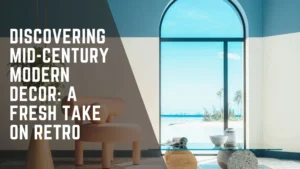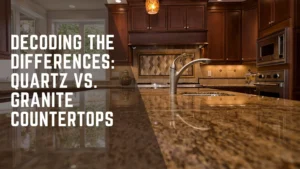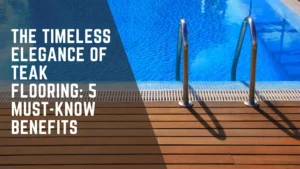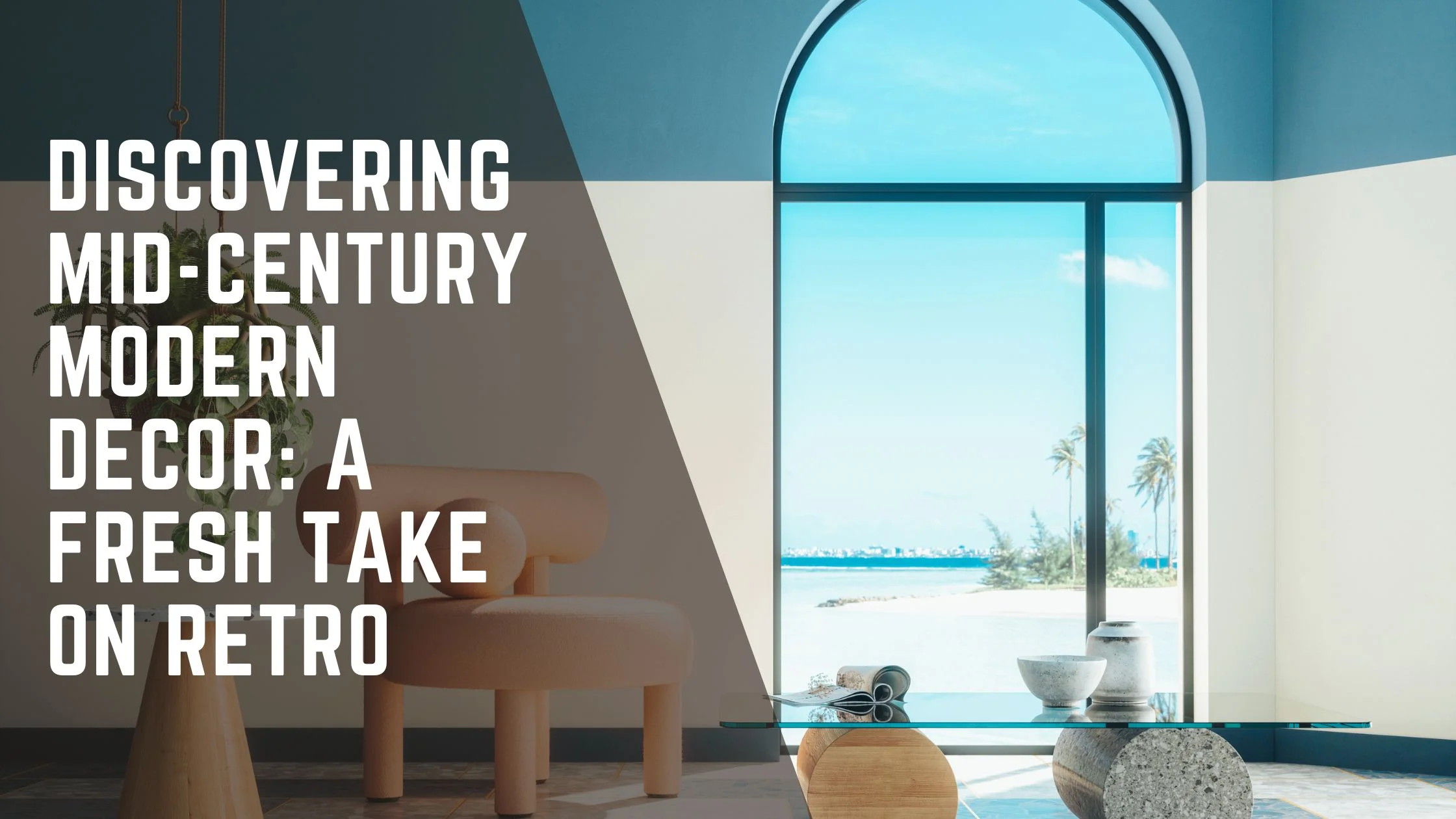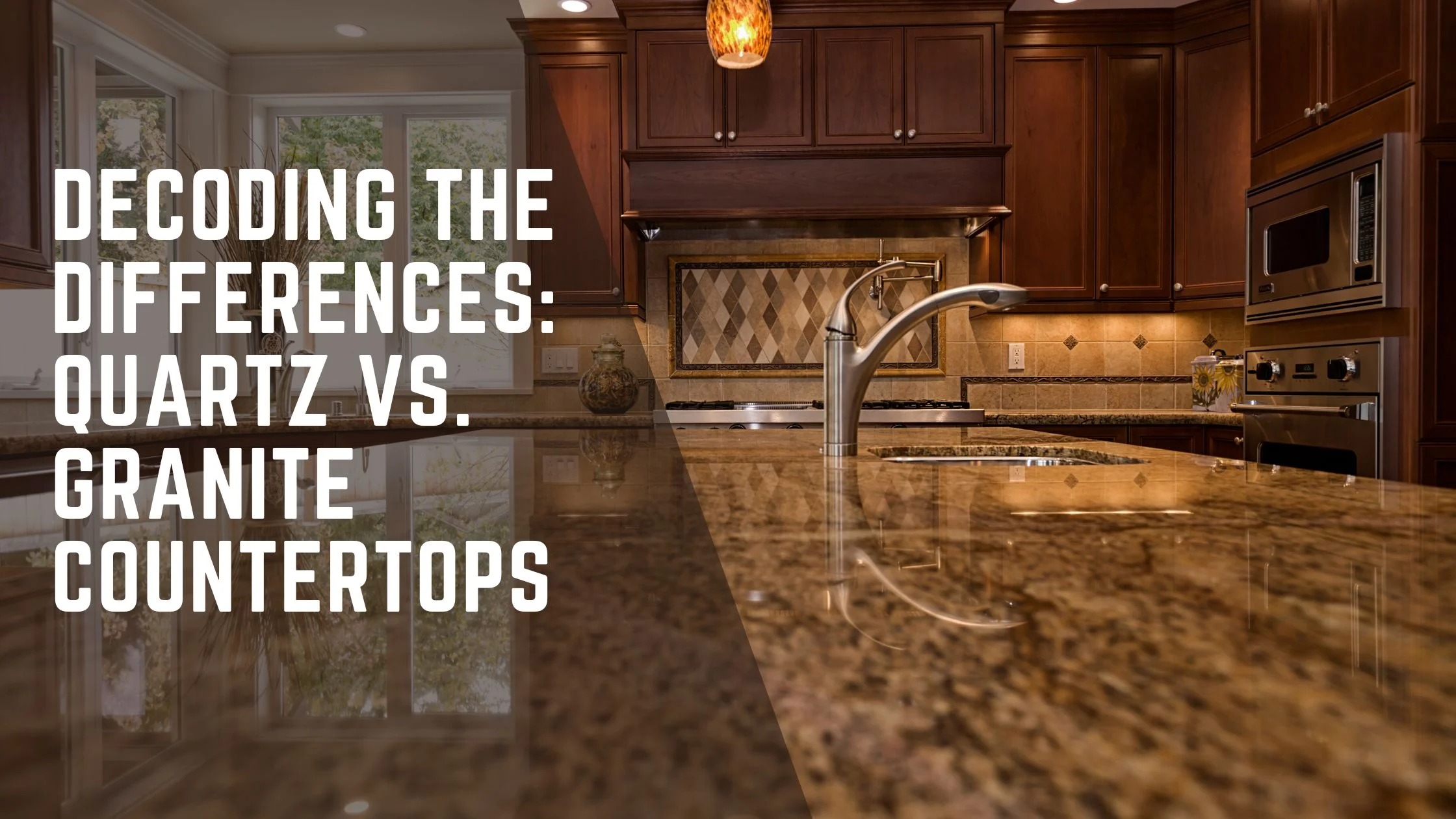Teak is a type of hardwood that’s renowned for being a high-end wood species thanks to its durability and water resistance. It’s often used in furniture, boat building, and flooring. Even though teak is often more expensive than other wood flooring options, many people still choose it because of its unique qualities. In this post, we’ll take a closer look at teak wood, its uses, and its characteristics, and we’ll explore the benefits to help you calculate the return on your investment. So what is teak wood and what gives it its excellent reputation?
What is Teak Wood in a Nutshell?
The teak tree is a tropical hardwood tree species in the family Lamiaceae. It is native to south and southeast Asia and is commonly found in Indonesia, Malaysia, and Thailand. The trees can grow up to 30 meters tall and have large, leathery leaves. The wood is often used for outdoor furniture, as it is very resistant to rot and insect damage. Teak oil, which is derived from the wood, is used as a finishing agent for wood products. The tree is also grown for its pulp, which is used in the production of paper. In recent years, teak has become an increasingly popular material for flooring due to its durability and aesthetic appeal.
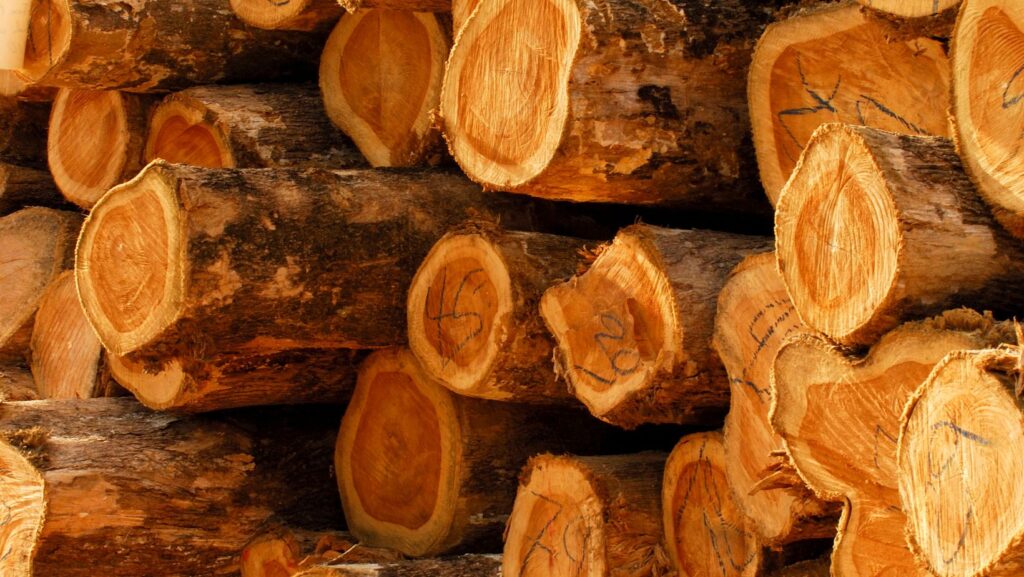
How Durable is Teak?
Teak is a tropical hardwood that is prized for its beauty and durability. The wood is naturally resistant to rot, insect damage, and water damage, making it an ideal material for outdoor furniture and decks. Teak is also highly resistant to scratches and dents, meaning that it will retain its beauty for many years with minimal maintenance. While teak is more expensive than other types of wood, its long-lasting beauty and low maintenance costs make it a wise investment for any home or business.
What Makes Teak So Strong and Long-lasting?
The abundance of natural oils and rubber inside the tight grain of the wood is significant when it comes to teak. All woods have oils that preserve the tree; for example, consider maple sap or tea tree oil. Teak, on the other hand, can keep these oils and its rubber long after it has been cut and treated. As a result, teak has more naturally weather-resistant characteristics than almost any other type of wood. When the wood is dried to the proper moisture level, the oils and rubber make it waterproof. The oils keep the wood from getting dry rot, which is a big problem with old wooden furniture. Furthermore, the oils and rubber protect the wood’s heart from invasions such as fungus and parasites that may ruin other woods. Weatherproof oils and treatments are required to protect wood furniture from such intrusions, but not so with teak.
Is Teak Prone to Rotting?
Teak is abundant in natural oils and rubber, making it very rot-resistant. Outdoor teak furniture can be left outside all year, even in the snow and rain, and it will not rot for 20 years! It is often used to build boats because it doesn’t rot easily and lasts a long time in marine environments.
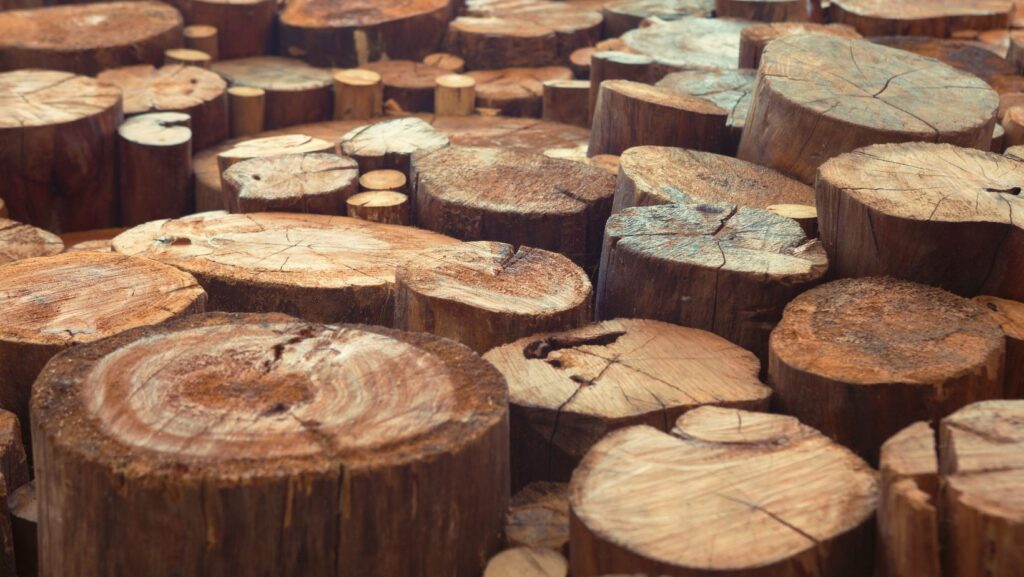
How Long Can Teak Furniture, Flooring & Accents Be Expected to Last?
In the right conditions and with good maintenance, teak furniture and accents may be expected to endure 50 to 80 years, even longer. Teak has a long lifetime due to its outstanding strength and durability. Teak weathers nicely over time and can resist all weather extremes without the need for treatments or preservatives.
Teak furniture can be expected to survive indefinitely if used inside.
Why is Teak Wood Often Costly?
The reason has to do with its rarity; teak grows slowly and is only found in certain parts of the world. This slow growth rate means that there is a limited supply of teak lumber, which drives up prices. Teak also has a natural oil content that makes it resistant to water damage and moisture-related rot. This makes it an ideal material for outdoor furniture and flooring, which further increases demand. All of these factors combine to make it one of the most expensive woods on the market.
On the surface, teak wood seems to be pricey. However, it is more important to assess the value of teak than the amount of money you will pay. Teak is incredibly durable, able to survive all weather conditions, and stays appealing and strong for decades, so although it has a higher upfront cost, it is a one-time investment that can last a lifetime.
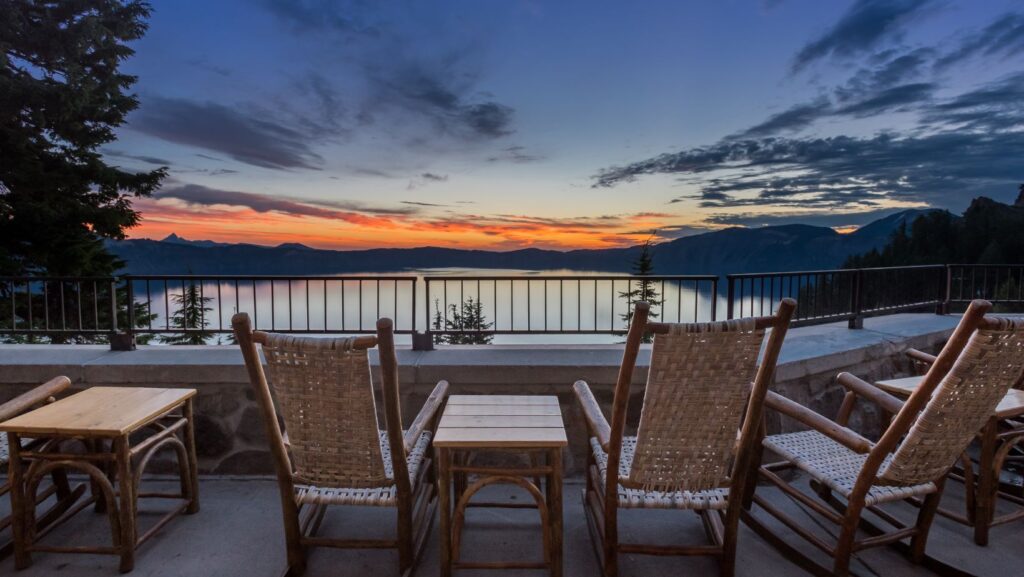
Teak wood has a lot of advantages over other hardwoods. It’s resistant to rotting, insect infestation, and fungi. It has self-healing properties, which means that the wood can recover from dents or scratches. In addition, it is flexible and can absorb movement, so it won’t crack easily. Teak wood is as durable as they come, so if you decide to pull the trigger on some teak wood products, know that it’s an investment that will last generations. With proper care and maintenance, teak will last for several decades with virtually no effect on its aesthetics. Bottom line? It is definitely worth the hype!

